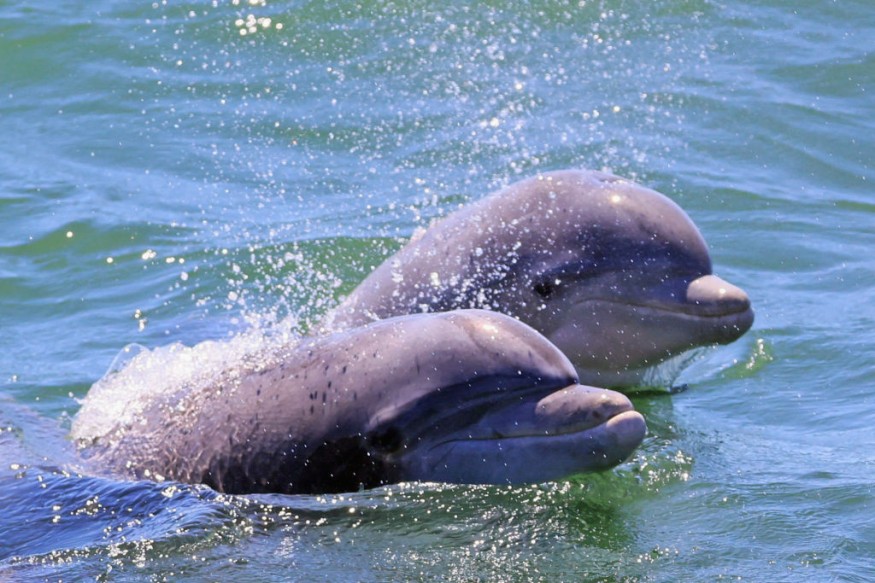Ecological forecasting and effective tolls will become helpful for the conservation and protection efforts against threats of seat turtle bycatch, whale entanglements, and climate change effects, according to recent reports.
Marine animals and the ocean play a significant role in Earth's ecosystem and biodiversity.
For instance, the coral reef is significant for marine life. A healthy ocean helps regulate air for humans and provides food and livelihood.
As a result, effective monitoring of marine animals is crucial to maintain a healthy ocean. According to the recent reports, marine animals have struggled to survive due to the following threats:
- Increasing ocean temperatures
- Climate Change effects
- Water and plastic pollution
- Commercial gear entanglement
- Vessel strikes
- Illegal hunting
- Human disturbance
Marine Monitoring: Helping To Protect From Threats

Ecological forecasting will help marine animals avoid threats and prevent them from the brink of population decline. With advanced tools, it can provide new insights into the protection efforts of marine animals.
The research findings were published in the Nature Communication journal.
Researchers emphasized that forewarning can help with the management of marine animals against climate extremes and climate change effects.
With the threat of increasing temperatures, marine animals are at risk of decline and likely struggle to survive. The hotter surface temperatures can affect animals' food-foraging behavior.
In addition, the report raised concerns about the climate change effects that can intensify extreme weather events and marine heat waves.
It can be helpful in the climate variation prediction of fisheries.
Researchers explained that global ecological forecasting will forewarn and show the ocean conditions about 11 months in advance, which can affect marine species.
Meanwhile, effective prediction can understand better the habitats of animals and mitigate the impacts of whale entanglement and sea turtle bycatch.
Furthermore, researchers said that California Current Ecosystem experts can observe cooler water conditions.
Proactive management tools will also save more time amidst the frequent problems of drought and extreme weather events.
In the Strait of Georgia, a recent report warned of the ocean warming impact on marine snails. The study was published in the Ecology Journal.
Researchers observed the Nutella lamellosa survivability, and they found that 50% of marine snails are vulnerable to rising temperatures. Snails are crucial bioindicators of ocean health, and they show the concerning impacts of marine heat waves.
Impacts of Heatwaves on Seabirds in the UK and Ireland
A recent report discovered that climate change contributed to the decline of seabirds in the UK and Ireland, causing an alarming habitat loss.
Researchers highlighted that about half of the seabirds have suffered from decline in the past 20 years.
The weather conditions have made it more challenging for seabirds to survive, which affects their habitats and foraging conditions.
Related Article: Half of Breeding Seabirds in Ireland, UK Declined Over Past 20 Years Due to Climate Change, Habitat Loss
For more similar stories, don't forget to follow Nature World News.
© 2026 NatureWorldNews.com All rights reserved. Do not reproduce without permission.





